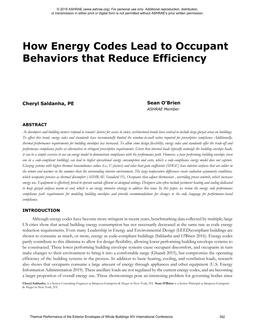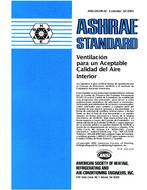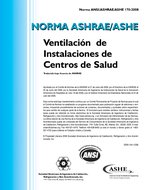Description
As developers and building owners respond to tenants’ desires for access to views, architectural trends have evolved to include large glazed areas on buildings. To offset this trend, energy codes and standards have incrementally limited the window-to-wall ratios required for prescriptive compliance Additionally, thermal performance requirements for building envelopes has increased. To allow some design flexibility, energy codes and standards offer the trade-off and performance compliance paths as alternatives to stringent prescriptive requirements. Given that internal loads typically outweigh the building envelope loads, it can be a simple exercise to use an energy model to demonstrate compliance with the performance path. However, a poor performing building envelope (even one in a code-compliant building) can lead to higher operational energy consumption and costs, which a code-compliance energy model does not capture. Glazing systems with higher thermal transmittance values (i.e., U-factors) and solar heat gain coefficients (SHGC) have interior surfaces that are colder in the winter and warmer in the summer than the surrounding interior environment. The large temperature differences create radiation asymmetry conditions, which occupants perceive as thermal discomfort (ASHRAE Standard 55). Occupants then adjust thermostats , overriding preset controls, which increases energy use. Equipment is effectively forced to operate outside efficient as-designed settings. Designers also often include perimeter heating and cooling dedicated to keep glazed surfaces warm or cool, which is an energy intensive strategy to address this issue. In this paper, we review the energy code performance compliance path requirements for modeling building envelopes and provide recommendations for changes to the code language for performance-based compliance.
Citation: Thermal Buildings XIV 2019
Product Details
- Published:
- 2019
- Number of Pages:
- 7
- Units of Measure:
- Dual
- File Size:
- 1 file , 1.9 MB
- Product Code(s):
- D-Bldgs19-043




